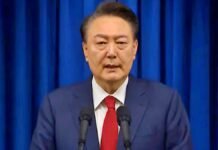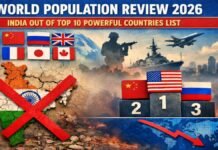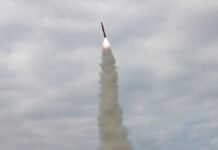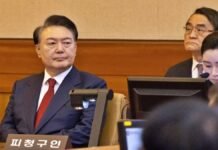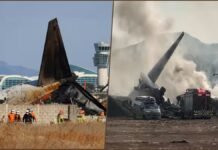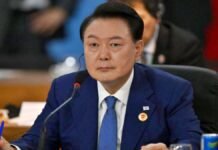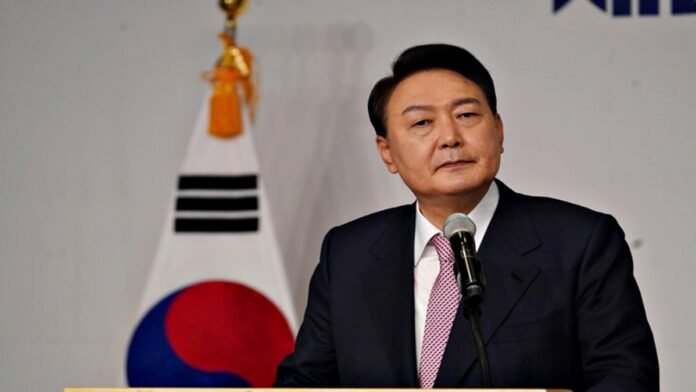
Seoul: In an unprecedented move, South Korean President Yoon Suk Yeol declared “emergency martial law” on Tuesday, accusing the opposition-controlled parliament of engaging in “anti-state activities” and paralyzing the government. The televised announcement has sparked widespread political uncertainty and raised concerns about the nation’s democratic stability.
A Bold Declaration Against Opposition
Yoon, visibly resolute during his address, alleged that the Democratic Party of Korea (DPK), the liberal opposition, was sympathizing with North Korea, undermining governance, and threatening South Korea’s constitutional democratic order. He vowed to “eradicate pro-North Korean forces” to protect the nation’s integrity.
The declaration came as Yoon’s administration has faced escalating tensions over unresolved political disputes, notably next year’s budget bill. The president’s conservative People Power Party (PPP) has struggled to gain legislative traction against the opposition majority since he assumed office in 2022.
Mounting Challenges for Yoon’s Administration
Yoon’s approval ratings, which have declined sharply in recent months, reflect growing public dissatisfaction over his handling of domestic issues. Calls for independent investigations into alleged misconduct involving First Lady Kim Keon Hee and top officials have further fueled tensions. Yoon’s dismissal of these demands has drawn sharp criticism, with opposition leaders accusing him of shielding his inner circle from accountability.
Meanwhile, the president’s focus on national security and anti-communist rhetoric has been seen by some as an attempt to consolidate conservative support amid the turmoil.
Opposition’s Emergency Response
Shortly after Yoon’s announcement, the Democratic Party convened an emergency meeting to deliberate on the implications of martial law. Party leaders have decried Yoon’s actions as an “authoritarian overreach” aimed at stifling dissent. They also warned of severe repercussions for South Korea’s global reputation as a democratic nation.
Implications for Governance and Democracy
The declaration of martial law raises serious questions about the impact on South Korea’s political structure. Critics have expressed concerns about potential curtailment of civil liberties and the undermining of democratic institutions. However, Yoon’s administration has yet to clarify the exact measures that will be implemented under the emergency provisions.

Regional and Global Attention
The escalating political crisis comes at a time when South Korea is navigating complex geopolitical challenges, including strained relations with North Korea and heightened regional tensions. Observers fear that internal instability could weaken South Korea’s standing on the global stage.
As the nation braces for the unfolding political drama, the world watches closely to see how President Yoon’s bold gamble will shape South Korea’s future.


































